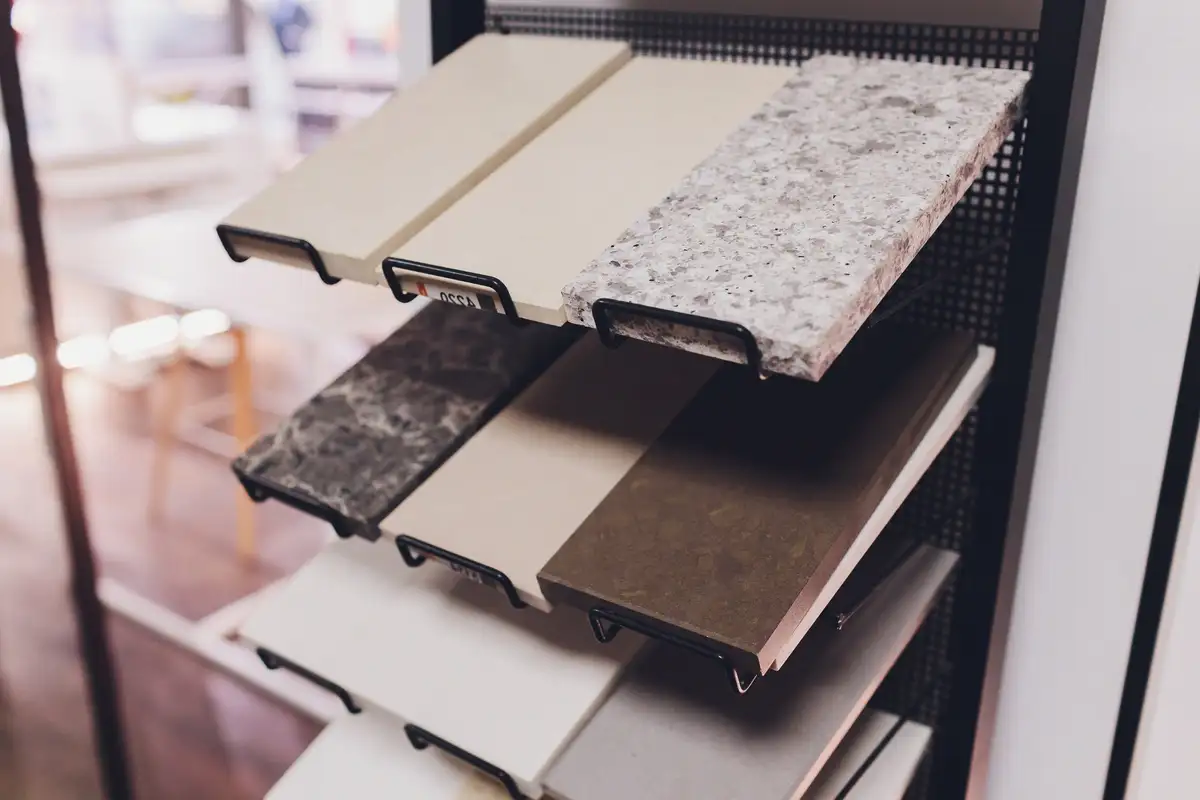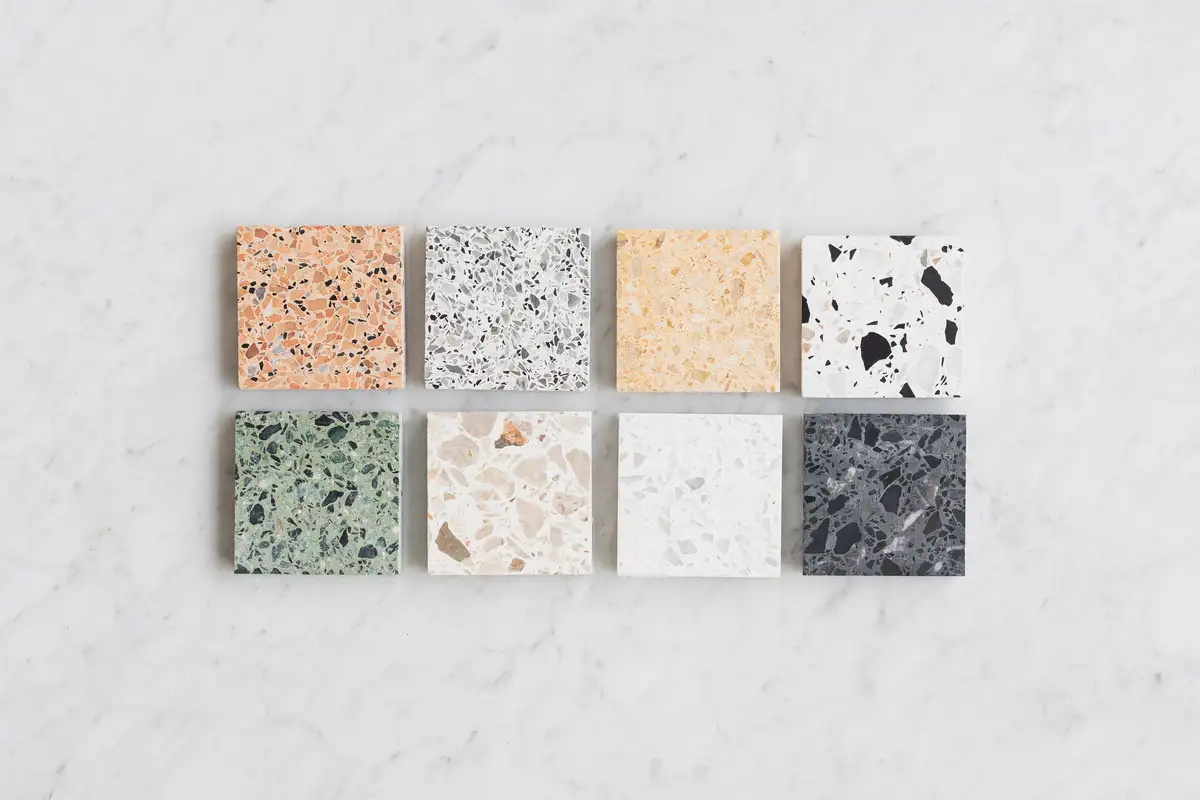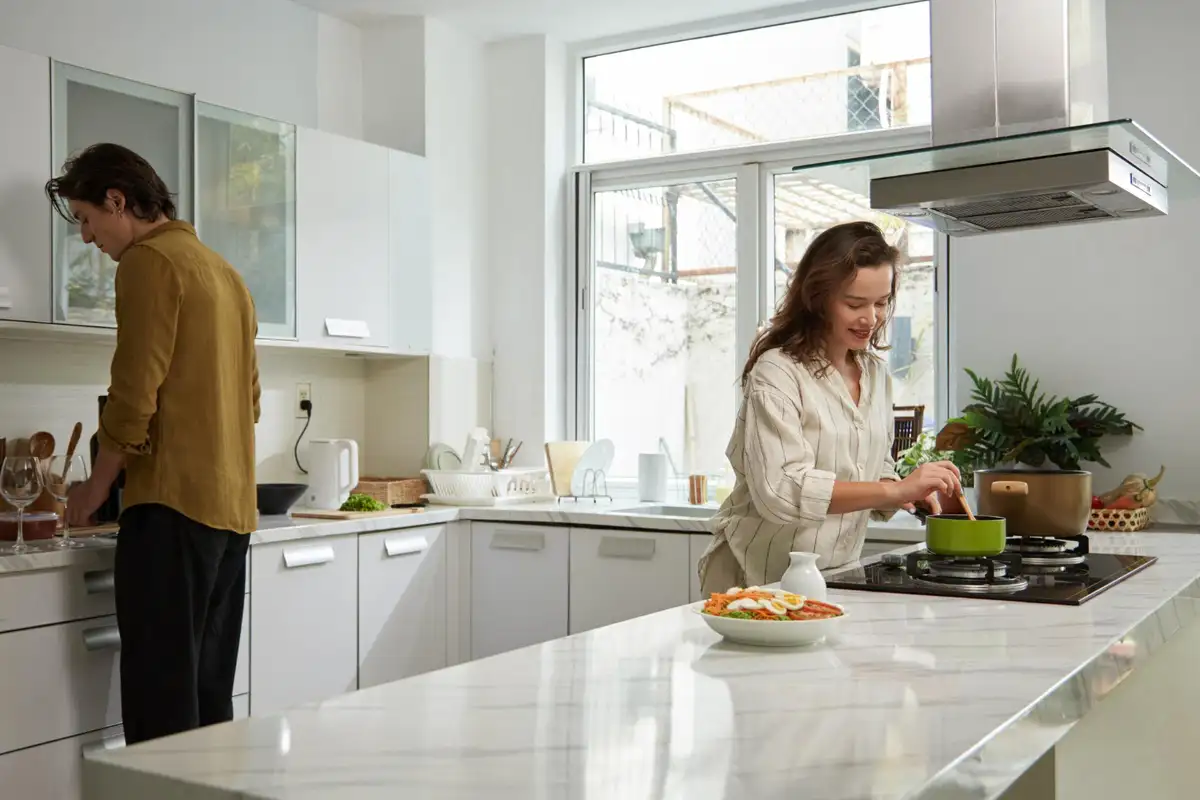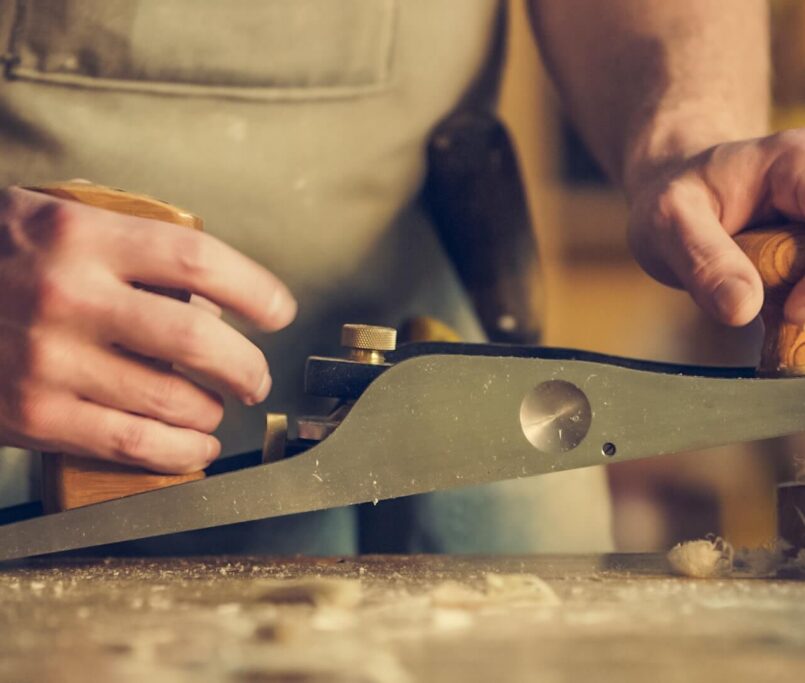When designing a kitchen, your countertop is not just a surface, it is where function meets style. It needs to look great, stand up to daily use, handle heat, resist stains, and last for years without turning into a maintenance nightmare. Two top contenders dominate the kitchen countertop market: quartz vs granite.
Both are popular for good reason, but they have key differences in appearance, strength, heat resistance, porosity, maintenance, and cost. Whether you are all about bold aesthetics, low maintenance, the material you choose will shape the entire vibe and usability of your kitchen. This guide dives deep into everything that matters like how quartz vs granite are made, how they perform, how much they cost, and even how they impact your home’s value.
Material Overview: What Are Quartz and Granite?
Granite is a 100% natural stone that is quarried directly from the earth in large blocks and then cut into slabs, polished, and fabricated into kitchen countertops. It is formed over millions of years through volcanic activity and consists mainly of quartz, feldspar, and mica. The exact composition varies depending on its origin, which is what gives each slab its one-of-a-kind appearance.
Quartz, despite being named after a natural mineral, is engineered. It is made by combining crushed quartz crystals which is one of the hardest minerals on Earth with resins, polymers, and pigments. Both give a certain style and look to your kitchen. For style and appearance both quartz vs granite countertops have their own benefits.
Appearance and Style
In terms of looks, granite is for those who love nature’s randomness. The patterns, swirls, and flecks you see in granite are formed by natural mineral deposits that make each slab different from the next. This uniqueness means your kitchen will have a countertop that nobody else has.
Quartz offers a more controlled aesthetic. Because it is engineered, it comes in consistent patterns and shades, which is ideal if you are aiming for symmetry or minimalism. Want pure white with subtle veining? Quartz has it. Looking for a uniform matte black surface? This is it.
While matching Granite vs Quartz worktops style aspects, choose quartz for natural aesthetics, or granite for simplicity. While you must look into their longevity with looks.
Durability and Resistance
Durability matters when you are using the countertop every day. Granite is hard and strong, ranking about 6 to 7 on the Mohs hardness scale. That means it can resist most scratching and cutting. However, granite is more prone to cracks if hit with extreme force due to its natural fissures.

Quartz is even harder, around 7 to 8 on the Mohs scale, and has no natural lines of weakness. That makes it less likely to chip, especially around edges and corners. It is also more impact-resistant overall, which matters in busy kitchens with lots of traffic. Quartz’s toughness is consistent across the whole surface because it is produced to be even and defect-free.
You can prefer any between quartz vs granite in terms of hardness, while considering its heat resistance abilities also is a must.
Heat Resistance
Heat resistance is often misunderstood when it comes to quartz vs granite kitchen countertops. Granite, as a naturally heat-resistant stone, can handle hot pans and pots better than most materials. You can place a hot skillet directly on a granite surface without instantly damaging it.
Quartz doesn’t do as well with heat. The resins and polymers in quartz countertops begin to degrade at around 150°F or 65°C. Placing a hot pan straight from the stove or oven onto quartz can cause discoloration, warping, or permanent damage. Due to this quartz requires a layer of protection like a trivet or hot pad.
Stain Resistance and Porosity
Porosity is where the two materials truly diverge. Granite is porous which means tiny holes and capillaries exist within the stone. This allows liquids like oil, wine, or juice to seep in and potentially stain the surface if not cleaned quickly. To protect against this, granite needs to be sealed once a year; sometimes more depending on usage and type.
While quartz is non-porous. The resins and compression used in its production create a sealed surface that liquids cannot penetrate. This gives quartz a major advantage when it comes to stain resistance like food coloring, tomato sauce, and other common stains, they can be cleaned away easily.
Maintenance and Cleaning Requirements
Quartz countertops vs granite countertops; quartz is the hands-down winner for low maintenance. Since it doesn’t require sealing and doesn’t absorb liquids or bacteria, cleaning is as simple as wiping it down with a cloth and mild soap. Just avoid abrasive pads or harsh chemicals that could dull the surface over time.
Granite requires a bit more care. The sealing process is not difficult but must be done regularly to keep the surface stain-resistant and hygienic. You should also avoid harsh cleaners, vinegar, or bleach on granite because they can strip the sealant and damage the stone. A pH-neutral stone cleaner or just warm water and mild dish soap usually works best.
Cost Comparison: Quartz vs. Granite
The cost of quartz vs granite is quite comparable, but the details depend on factors like brand, color, installation, and location. Generally, granite costs between $40 and $60 per square foot, but exotic or rare stones can go up to $100 or more. Installation can add another $30–$50 per square foot depending on complexity.
Quartz typically ranges from $50 to $70 per square foot, including fabrication. Designer or luxury brands like Caesarstone or Cambria may cost more. However, quartz often has fewer fabrication issues since it is manufactured in uniform slabs, which can reduce waste and make installation slightly more efficient.
While granite might offer a slightly cheaper entry point for basic slabs, quartz may save you money in the long run due to lower maintenance costs. While the pricing of granite vs quartz fluctuates, setting up and installation is the key phase.
Installation Process and Flexibility
Both quartz vs granite are heavy materials that require professional installation. Granite is harder to cut and shape because each slab has natural flaws that must be accounted for. If your design includes curves, sinks, or custom edges, granite may be more complicated to fabricate without breakage.
Quartz, being engineered, is more predictable. Installers can work with it more easily, and the seams between slabs are easier to match, making the overall finish look cleaner on large kitchen islands or continuous surfaces.
If your kitchen layout is complex or includes unique shapes, quartz might offer smoother installation. But if you’re working with a simpler plan and want real stone, granite still works beautifully.
Eco-Friendliness and Sustainability
Granite is a natural material, but quarrying it involves blasting, heavy machinery, and transporting large stone slabs—processes that leave a carbon footprint. Plus, because granite is not renewable and comes from limited sources, you may not sustain it.
Quartz can be produced using environmentally responsible practices. Some manufacturers use recycled quartz and sustainable resins, and production can occur closer to where it’s sold, reducing emissions from transportation.
Neither material is perfect from a green standpoint, but quartz offers a more controllable and potentially sustainable option, if you select a brand that emphasizes responsible sourcing and recycling.
Color and Pattern Variety
If you want a bold, unique look, granite wins for natural drama. Its color palette is broad, from whites and golds to blues, reds, and even greens, with dramatic veining and pattern movement. But because it is natural, you might struggle to find the exact slab to match your vision.

Quartz gives you nearly unlimited design flexibility. From solid whites to realistic marble imitations, concrete textures, and high-gloss options, quartz offers something for every taste. Its consistency also means you can get multiple slabs that match perfectly, which is harder with granite.
Resale Value and Long-Term ROI
Both quartz vs granite increase your home’s resale value, but the reasons differ. Granite has been the gold standard for decades. Buyers see it as luxurious, and it can make a positive impression if the color and style match current design trends.
Quartz, however, is becoming the new favorite among modern home buyers due to its clean look and low-maintenance appeal. It is often viewed as a more future-proof investment because it aligns with sleek, easy-care lifestyles.
Either choice will add value, but your ROI depends on how well your countertop matches the expectations of your market, buyer demographics, and their lifestyle.
Which One Is Better for Your Lifestyle?
Are you a weekend chef, or do you cook every night? Do you have kids who spill juice, or guests who forget to use coasters? Your answers will guide your choice.
Choose granite if you:
- Love natural, one-of-a-kind patterns
- Don’t mind sealing once a year
- Want the best heat resistance
- Prefer natural materials
Choose quartz if you:
- Need something super low-maintenance
- Want consistent colors and patterns
- Don’t often place hot items directly on counters
- Prefer modern or custom looks
Conclusion: Quartz or Granite – Which Should You Choose?
There is no single answer for granite vs quartz countertops. Granite offers stunning natural beauty and best heat resistance but requires regular maintenance. Quartz provides unbeatable stain resistance, consistency, and low effort. The right choice depends on how you live, cook, clean, and style your kitchen. But anyway, you are investing in quality that will elevate your kitchen for years to come.




